
When you’re dealing with digital products, there’s nothing worse to encounter than a bug, i.e., a problem with a piece of code that causes unexpected results.
When testing such a product, it’s important to catch as many of these flaws as possible, before they make it out into the wild and expose the software to unhappy users and negative reviews.
That’s why it’s essential to have QA testers on the team with the skills to find and report bugs properly and efficiently.
If you’re wondering what skills a QA tester should have, here are some of the most important ones to consider.
Table of Contents
Testing expertise
For starters, QA testers have to understand the testing process in its entirety.
When you consider all of their responsibilities, it’s clear that testing is at the heart of everything they do and that extensive skills in this area are essential.
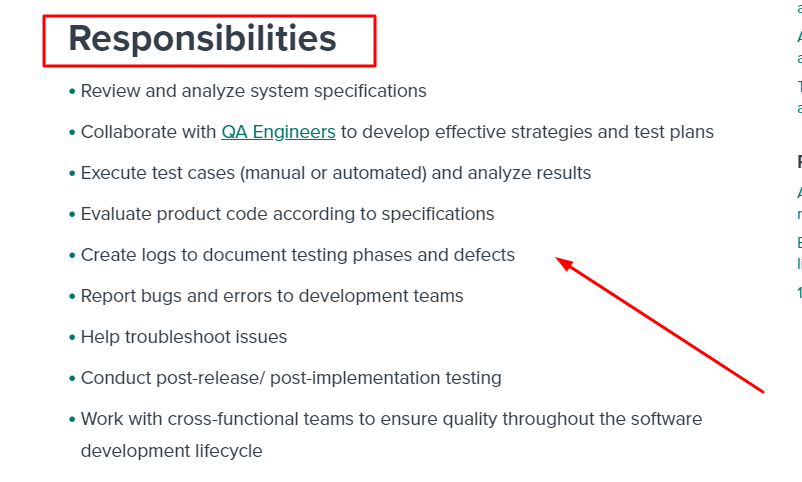
As the image above shows, QA testers are responsible for testing software to ensure it works as intended, and they must be able to do so in a variety of different scenarios.
They need to write test cases, execute those tests, analyze the results, and document their findings.
QA testers should also be familiar with the different kinds of testing, as well as the situations in which one type might be better suited than others.
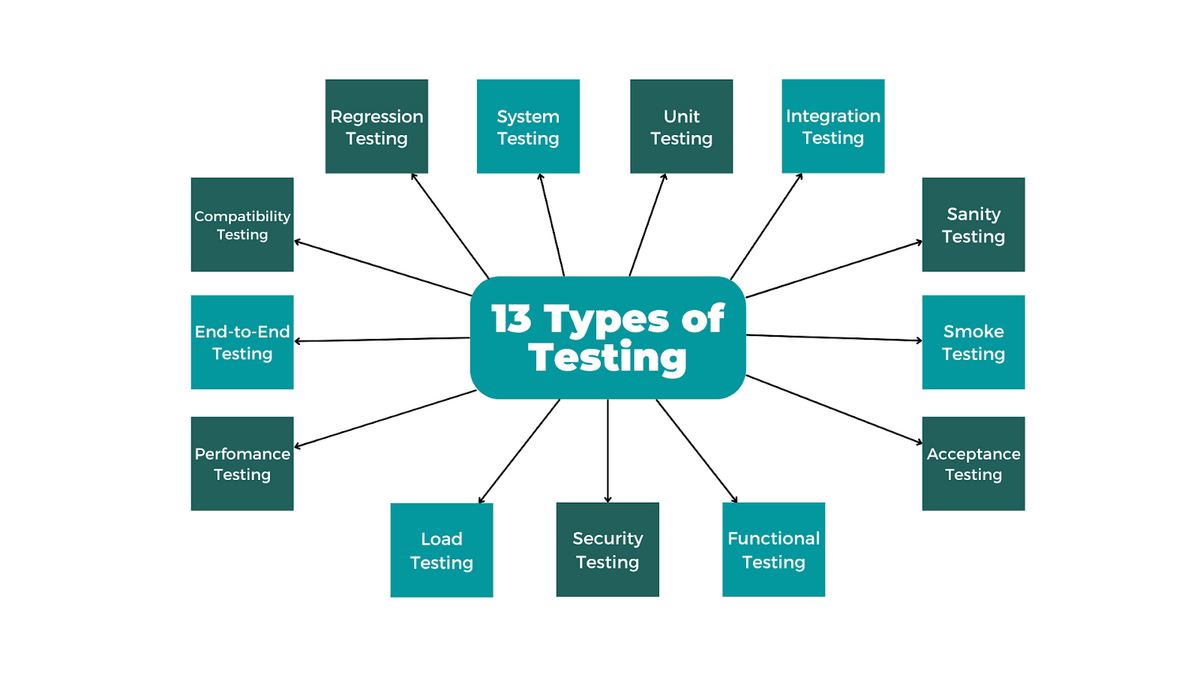
Additionally, the ability to decide when automated testing is necessary and when manual testing can be used instead is another skill that they should master.
But great testers, though, go beyond running tests.
They also take the time to document all of the bugs uncovered during testing in detail.

Get unreal data to fix real issues in your app & web.
This means that they need to be able to write clear bug reports and provide enough information about the issue to let the development team know how to fix it.
When you examine a typical example of a bug report (like the one in the picture below), you’ll see that it involves more than just stating that the app has flaws.

It includes all kinds of information, from the steps to reproduce a bug, to the actual and expected results of the bug, to name just a few.
Without proper testing skills, writing such precise details would be challenging.
This all tells us that testing skills are an essential part of being a QA tester.
The better their skill with testing is, the better they’ll be able to find bugs and write more accurate bug reports—which means that developers will have an easier time fixing those issues when they inevitably arise.
Technical competence
Additionally, QA testers should be able to understand how the software works, how it’s built, and how it breaks.
They need to know which lines of code are responsible for a particular bug, what the purpose of each piece of code is, and how it interacts with other parts of the software.
This type of technical competence is essential for effective testing.
If you look at the image below, you’ll see that the technical expertise required of QA testers includes maintaining a bug database, knowing programming languages, and being familiar with testing tools and methodologies.
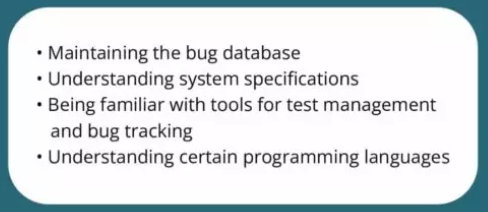
For example, if they’re testing software that is written in Python, they should have a good understanding of the syntax and semantics of the language.
If they’re testing a web application, being able to write scripts in JavaScript or PHP will be helpful.
However, in addition to programming language knowledge, software testers should especially be familiar with the tools for testing.
Here is a list of some common ones:
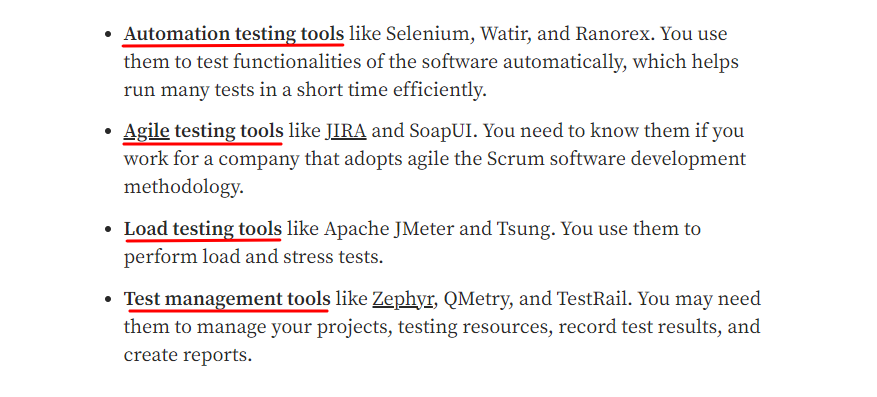
This also includes knowledge of the software development life cycle and testing methodologies.
For instance, if testers are testing an application with an agile development process, they should be familiar with user stories and acceptance criteria, and so on.
In short, although this is not to say that QA testers need to be developers or that they need to know everything there is to know about the software, they should still have a good grasp of its technology and inner workings.
Such knowledge enables them to create more thorough test cases and identify issues faster.
Analytical skills
Great testers examine the software and analyze where the bugs may lie.
It’s important to be able to recognize when something doesn’t look quite right and then investigate further to get to the bottom of it.
Testing isn’t just about executing a script or following a checklist. It’s also about using your analytical skills to discover potential issues.
As the picture below shows, analytical skills include the ability to analyze data, think critically and creatively, do research, and communicate effectively.
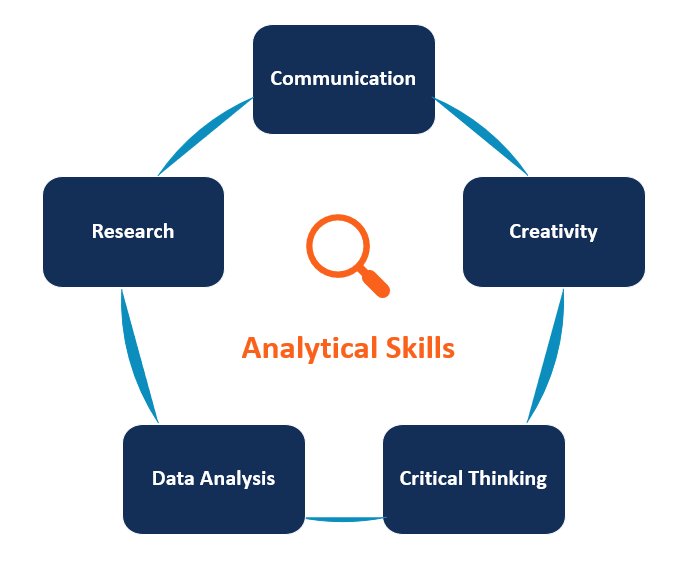
They allow testers to look at an application from many different angles to find the most bugs possible.
Often, this will mean asking questions like “What if I click this button?” or “What happens if I put in this data?”
Other times, it may mean taking a step back and asking, “What are the end users trying to accomplish with this application?”
In all these cases, it’s analytical skills that open the door to new ways of thinking about software and finding bugs that the developer never expected.
But let’s look at a real-life example to get a better understanding of the topic.
During testing, QA testers often use a process called test to break, in which they try to find ways of getting the software to malfunction and thus discover its weaknesses.
A Quora user explains the process this way:
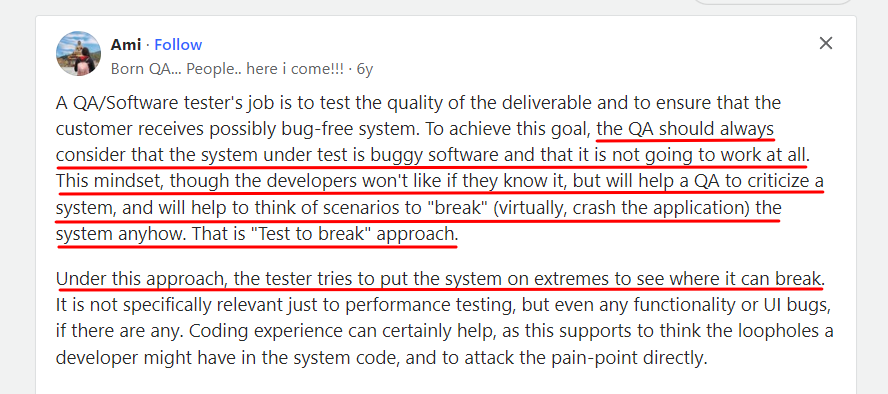
In that sense, testing involves taking an objective view of the product, using critical and out-of-the-box thinking to identify its weakest points, and then coming up with ways to break it.
This carefully orchestrated attack requires considerable analytical skills and experience.
Of course, not all testing efforts go to such extremes, but they also need to be performed with the same level of analytical scrutiny.
Analytical skills, therefore, stand at the forefront of a good tester’s skill set.
They need to be able to think critically, look at software from all angles, spot patterns and anomalies, recognize recurring issues and inconsistencies, and predict outcomes.

Written communication
Written communication skills are also crucial for testers because that is the medium in which they often have to explain their findings.
They must be able to communicate the issues they discovered and the rationale behind their decisions about what to test, how to test it, and when to stop testing.
This requires the ability to write clearly, concisely, and accurately.
In the video below, you can see that typical testing communication includes conveying bugs and test results, writing test summary reports, status updates, release notes—and even some recommendations.
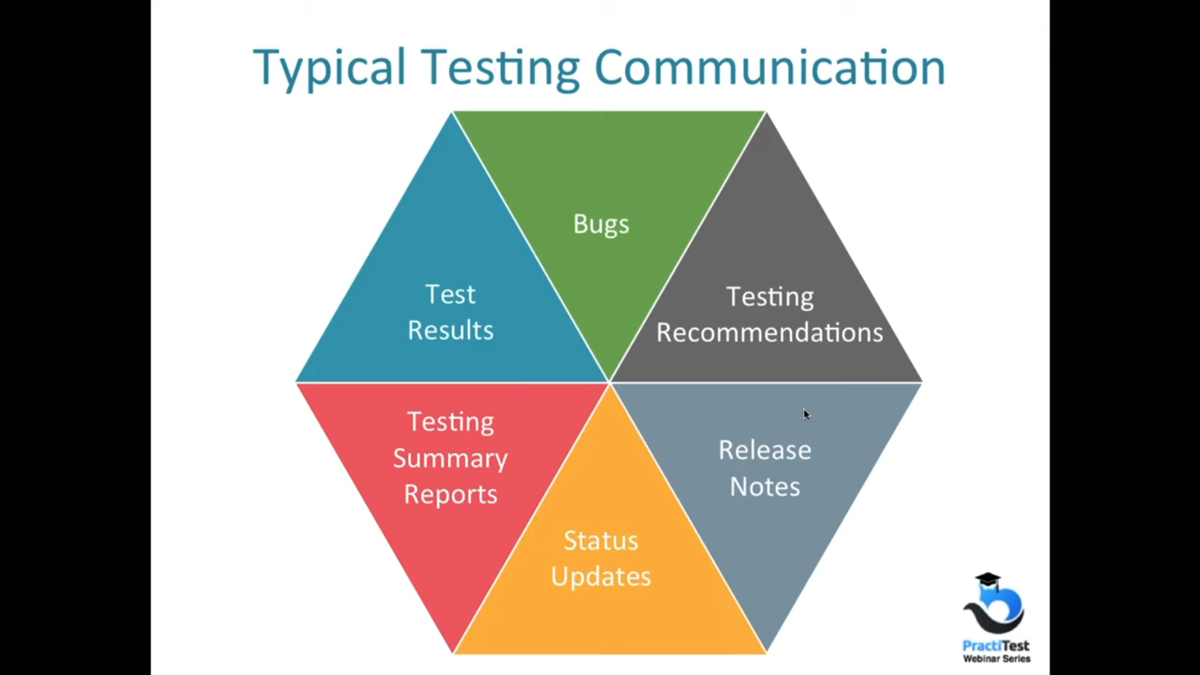
Testers have to communicate well with developers, project managers, and other stakeholders throughout the life cycle of a product.
For example, their job is to inform developers of issues, write detailed bug reports, and provide feedback in case any further explanations are necessary.
They also report the testing status to the project manager.
Without proper written communication skills, they won’t be able to do these things successfully, which can possibly lead to delays and collaboration issues.
Timothy Tripp, a release manager at Apiture, puts it this way:
What really separates the master QA engineer from the average QA engineer is the ability to effectively and efficiently communicate with developers and sometimes IT support. A QA engineer can save a dev team a lot of time and headache if he can effectively communicate, be able to state this is a bug and here’s why.
One thing that must be noted at this point is that QA engineers don’t need to be good communicators to be effective testers.
Nevertheless, those who can explain complex bugs in simple terms so that everyone understands what the bug is about—regardless of whether they’re technically savvy or not—are the ones who can make a real difference.
In the end, a good QA engineer is not only someone who finds bugs but also someone who knows how to communicate them in writing to everyone involved in the project.
Interpersonal skills
The nature of the QA role is such that it sits in the middle of a number of intersecting roles, working with and among developers, designers, product managers, and users.
They all rely on quality assurance at one point or another during a project.
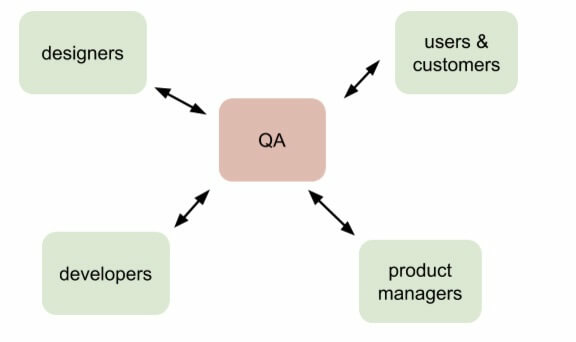
QA testers are responsible for finding flaws in the software and then reporting those flaws to the development team.
They also evaluate whether design elements meet user expectations.
Additionally, project managers also rely on QA testers to provide them with regular updates about the progress of testing.
And because of their unique position at the nexus of so many roles, it’s important that QA testers have a diplomatic approach and advanced interpersonal skills.
But why are interpersonal skills so important for QA jobs?
To answer this question, let’s see what David Whalen, a software development industry veteran, has to say on the topic:
Nobody wants to tell someone they have an ugly baby, but unfortunately, it’s our job. The key is how you tell them.
This quote, which is well-known in the software development community, highlights a key issue—developers take pride in their work and can be easily offended if testers don’t break the news about the bug in their code politely and with a lot of tact.
For that reason, it’s vital that QA testers are skilled in working with others.
They must be able to interact successfully with a wide range of personalities, maintain a positive, professional attitude at all times, and try to give negative feedback in a constructive way.
A Quora user agrees with this statement and even provides an example of how reporting a bug could go well or poorly.
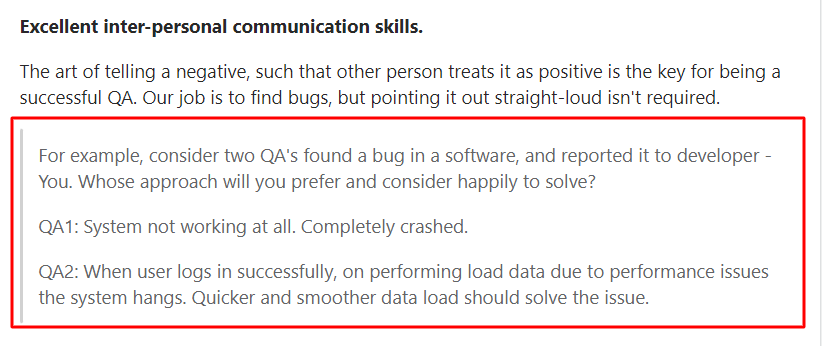
As you can see, the good example is much more appropriate and doesn’t come across as accusatory.
To sum up, although it’s true that good interpersonal skills are critical for every job position, they’re especially important for QA testers.
Because the role of a QA tester is such an intermediary role, they must be able to convey their findings in a way that doesn’t make either side feel offended or criticized.
Conclusion
QA testers are critical to the success of any software development project.
That’s why in this article, we’ve outlined the most important skills that a good QA tester should have.
They include a combination of analytical skills, testing ability, and technical competence. Testers should also be able to work well with others and communicate effectively.
If you’re looking for someone to fill this role in your team, then make sure that they have all of these attributes before bringing them on board.
It’s the best way to ensure that your project is in good hands.






